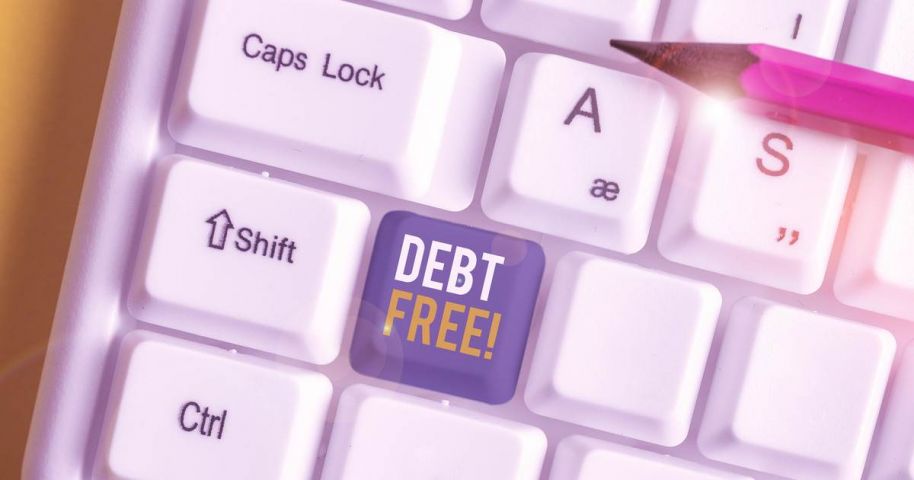For years the saying, “You have to spend money to make money,” has helped justify the debt portfolio of entrepreneurs around the globe.
For most Americans, starting a small business assumes that debt is a natural part of the process. Many times, this might even be true. Is there a smarter way to start a business? Can entrepreneurs lessen or eliminate their debt load and launch their full-time business with small business funding?
Personal Debt and Start-Up Small Business Funding
The latest numbers paint an ugly portrait; more than half of Americans have less than $1,000 in savings. A 2019 CNBC article says the average amount of debt by person is nearly $29,000, and that excludes mortgages. Most Americans say they will pay that debt off for the rest of their lives and it is a source of considerable anxiety.
While many of us dream of working for ourselves, having this kind of debt before starting a small business creates an excessive burden that could crash the business before it even gets started. Then many entrepreneurs believe they must take out small business funding to get their start-up off the ground.
Small Business Trends says, “High debt with minimal savings is a recipe for disaster.” If your dream is to start your own business, high debt can certainly inhibit your ability to move from the drudgery of a day job to the excitement of starting a business. High personal debt can inhibit your ability to qualify for small business funding, no matter when you apply. So, what is the answer?
The Right Time for Small Business Funding
Our easy acceptance of debt as a fact of life can handicap us in our efforts to pursue starting a new business. Instead, budding entrepreneurs should begin saving to start their small business before they even leave their day job. This process should include:
- Building a budget designed to cap daily spending and get rid of your debt. Budgeting is a process that will prepare you for starting a small business. Creating a simple ledger of money in/money out does not have to be sophisticated; the goal is to understand what money you are wasting.
- Cut discretionary spending and apply it to personal debt. Determine if your gym membership is really being used or if you need a Netflix subscription or even cable TV. Can eating out be cut? Can you save even $50.00 extra per month to apply to an outstanding debt?
- Begin to build up cash savings. Small Business Trends recommends saving at least six months of living expenses before you quit your day job to start your business. This will push back your need for small business funding and start your business in the black, not the red. That number should go higher if you calculate it may take longer for your business launch. Generally, plan on saving enough to pay yourself a living wage until your business can afford to do it without requiring additional debt.
- Automate savings with your banks. This is simply a way to allow technology to do the savings for you. It will shock you how quickly the numbers will add up.
When you are ready to take the next step in your start-up adventure, do your research so you can minimize the debt load in regard to funding the business. To learn how you can accomplish this and realize your entrepreneurial dreams, download Innovative Funding Strategies For Entrepreneurs.

